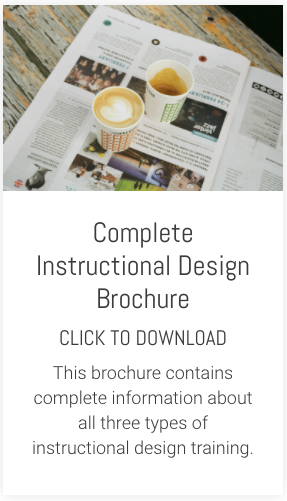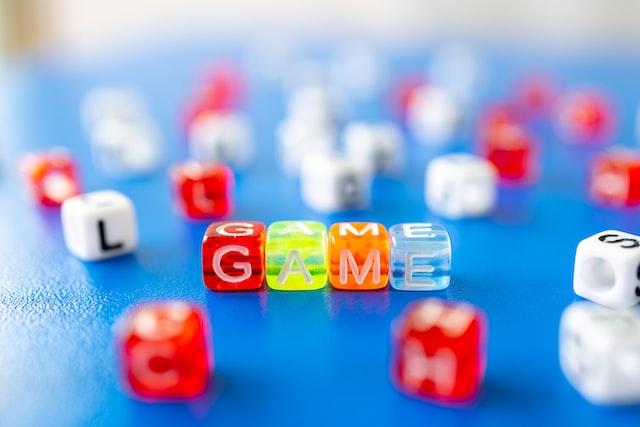One big problem with games and learning: our first experience of them is usually part of play.
We generally watch or take part in games for pleasure. Playing games is not something we typically associate with 'serious' activities such as work or learning.
Understandably, many learners struggle with the idea of games for learning. The reason? Often, their only experience of games for learning is an attempt to replicate a well-known game or game-show format in a classroom or e-learning setting.
I recall a head of L&D telling me about one of the highlights of his tenure at a big-name corporate was setting up a Mastermind-style competition for a big chunk of employees, as a way fo teaching them new-product information. No expense was spared. A set was built, the same lighting and music was used as on the TV series.
A memorable event, no doubt. But not in the right way.
Would it have markedly increased product knowledge? For the finalists in this pretend 'game show' maybe. But for everyone else? I'd be surprised.
To me, this is a perfect example of someone wanting L&D to make a big impact but going about it in entirely the wrong way. Which begs the question why would you consider an approach like this?
Probably because it’s a well-intentioned attempt to make learning more effective and enjoyable. But it rarely works. It moves the learners far, far away from a context that is relevant for and authentic to how they might actually use their learning back in the workplace.
If you are teaching your learners about money laundering regulations, don't be surprised if a version of The Weakest Link designed to reinforce their knowledge of money laundering concepts seems trivial or irrelevant to them.
In reality, the key to successful gamification of your learning is about identifying the components of a game that are most relevant for your learners.
Once you have identified appropriate elements, don’t rely on using them within a generic, well-known game. Rather, use your creativity and design skills to create a relevant and authentic game-based context and activity.
One that will make sense to your learners and really enable them to practice and reinforce their learning.











